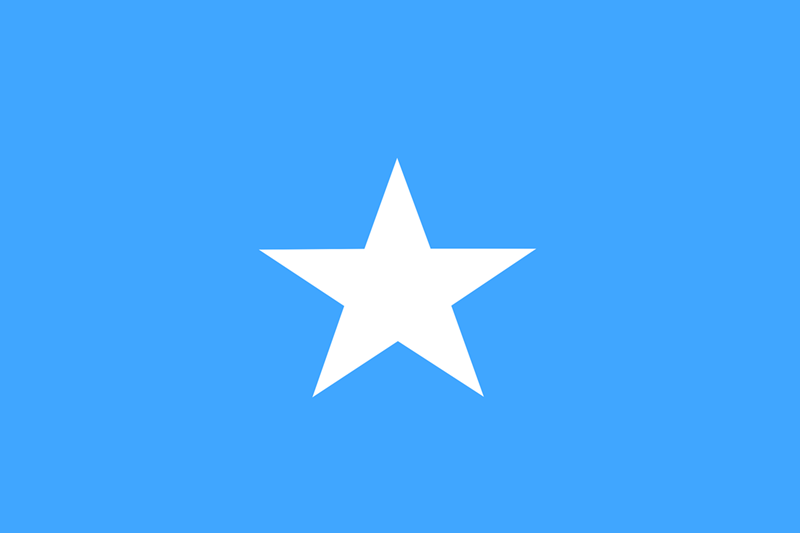The Federal Government of Somalia has announced a major step forward in reviving its national airline, Somali Airlines, with the acquisition of two Airbus A320 aircraft. These jets are expected to begin operations within the next two months, marking a significant milestone in Somalia’s long-awaited return to the aviation map.
The purchase agreement was formally signed today at the Office of the Prime Minister, underscoring the government’s renewed commitment to rebuilding critical national infrastructure — starting with the skies.
Speaking at the signing ceremony, Minister of Transport and Civil Aviation, Mohamed Farah Nur, described the return of Somali Airlines as a “national mission”, stating that the government intends to procure more aircraft in the coming months as part of a broader plan to restore full-fledged airline operations.
“The revival of Somali Airlines is a national priority,” said the Minister. “This is just the beginning. We are committed to expanding our fleet and rebuilding our aviation capacity step by step.”
Somali Airlines, once the pride of the nation, was founded in 1964 and operated for decades as the country’s official flag carrier. It connected Mogadishu to regional and international destinations, serving not only as a transportation provider but as a symbol of national identity and ambition. However, civil unrest in the early 1990s forced the airline to halt operations — and for more than three decades, its iconic blue-and-white tail fins vanished from African skies.
The new Airbus A320s mark the first physical step in bringing the airline back to life — a move that many Somalis, both inside the country and in the diaspora, have long dreamed of seeing.
Reintroducing Somali Airlines is about more than nostalgia. It reflects a growing sense of confidence and capability within Somalia’s leadership. Improved air connectivity can serve as a powerful engine for economic growth, national unity, and international cooperation. From facilitating trade and tourism to reconnecting families across borders, the airline’s return has implications far beyond the tarmac.
Still, challenges lie ahead. Operating a national carrier in today’s competitive and high-cost aviation industry is no small feat — especially for a country still recovering from years of conflict. Infrastructure, regulation, safety compliance, skilled labor, and sustainable financing will all be critical to the airline’s long-term success.
Despite the obstacles, today’s announcement has stirred optimism across the nation. For many, the return of Somali Airlines isn’t just about flights — it’s about belonging, about lifting the national spirit, and about telling the world that Somalia is not just open for business, but also reclaiming its rightful place on the global stage.
The engines haven’t roared just yet — but the dream has taken off.
